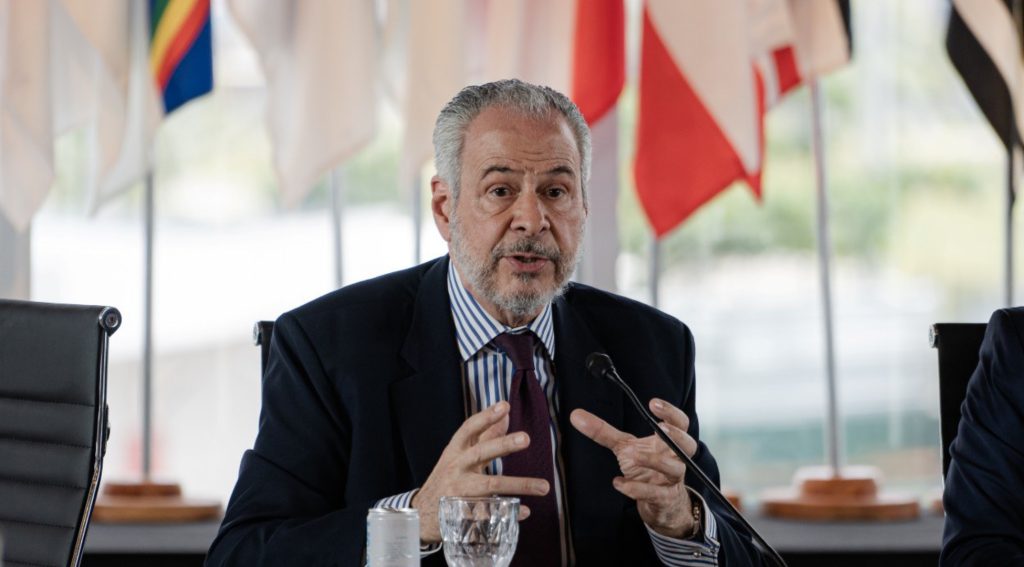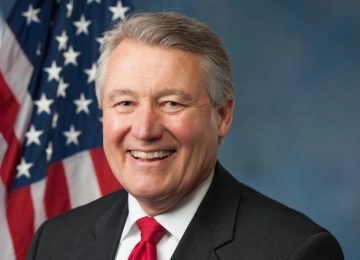The sixth letter from the incoming Brazilian Presidency for COP30 delivers a candid assessment of the climate negotiation landscape. It is exposing both the promise and lingering limitations of multilateral climate diplomacy. Rather than celebrating incremental progress, this communication underscores a growing impatience within the international community. While technical negotiations continue to deliver “satisfactory results,” real-world climate impacts and geopolitical challenges are outpacing the tempo and ambition of current policy responses.
The Presidency’s message highlights an acute reality. After decades of conferences and commitments, existing structures risk falling short of the expectations set by the Paris Agreement and the urgency demanded by recent scientific findings. By referencing the outcomes of SB62 in Bonn, the letter refrains from glossing over unresolved issues and openly acknowledges frustrated ambitions regarding NDC commitments and climate finance. The incoming Presidency positions COP30 not as an extension of business-as-usual, but as a necessary inflection point for confronting stagnation and bridging gaps between rhetoric and results.
COP30’s preparatory process, as outlined, suggests a shift away from passive consensus-building towards proactive, inclusive consultations designed to preempt deadlocks and translate bold pledges into credible action. The tenor is both self-reflective and critical, inviting Parties to rethink their traditional approaches and seize the moment to restore trust, accelerate implementation, and redefine the legacy of the global climate regime.
This communication distills lessons from the recent Bonn sessions, sets clear next steps, and launches new Presidency Consultations to harness collective momentum among Parties and stakeholders.
Strategic Highlights
The sixth letter recognizes the satisfactory progress made at the SB62 meetings, acknowledging the successful negotiations on key issues such as the Global Goal on Adaptation (GGA), the implementation of Global Stocktake outcomes, and the Just Transition Work Programme.
Next Steps Toward COP30
Drawing from consultations at Bonn, the Presidency sets forth an action-oriented framework for COP30. This involves launching COP30 Presidency Consultations, designed to address both high-profile political challenges and technical deadlocks outside formal negotiation agendas. These consultations will prioritize fair, transparent, and predictable engagement.
NDCs and Multilateral Commitment
A central theme is the urgent call for submission of enhanced 2035 Nationally Determined Contributions (NDCs), highlighting their role as vehicles for global cooperation. The letter reminds Parties that two major upcoming events—the UN Secretary-General’s High-Level Event in September and COP30 itself—are critical platforms for unveiling ambitious climate pledges, demonstrating unwavering commitment to the multilateral regime.
Finance, Synergy, and Implementation
The Presidency is attentive to concerns surrounding climate finance and the interdependence of climate, biodiversity, and trade. The “Baku to Belém Roadmap to 1.3T” is mentioned as a key initiative to scale up climate finance for developing countries. Additional priorities include advancing global energy transition strategies, accelerating measures to halt deforestation by 2030, improving energy efficiency, and reflecting on the implementation of Biennial Transparency Reports, National Adaptation Plans, and progress on loss and damage.
Leadership, Process, and Legacy
The sixth letter is clear: success at COP30 will be measured by the ability to safeguard and expand the legacy of previous COPs. It all will connect climate action to people’s realities, and realize institutional transformation across the public and private sectors. The letter exudes humility in stewardship, reiterates impartiality, and commits to reinforcing “collective intelligence” and procedural integrity as the foundation for credible and sustainable climate results.
Imperatives
The Brazilian Presidency calls for unity, decisive action, and prioritizing legacy over inertia: “changing by choice, together.” With the Paris Agreement marking its ten-year milestone, COP30 is framed as a pivotal moment for reaffirming and scaling up global ambition, aligning actions with scientific imperatives, and fostering outcomes that will benefit present and future generations.
The letter articulates a business-minded, strategic direction for COP30—championing innovation, collaboration, and multi-level engagement. This will ensure that climate action is not only an obligation but an opportunity for prosperity, trust, and sustainable growth.













